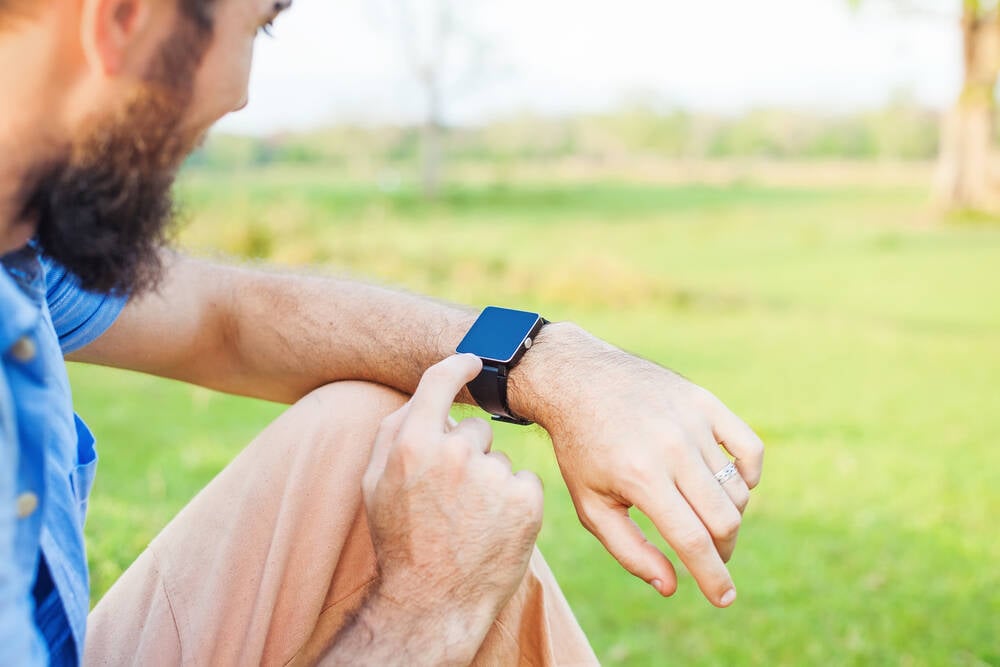
"Apple has been marketing its newest smartwatches as being carbon-neutral for nearly two years now, with an array of rationales. It claims that clean energy for manufacturing, along with greener materials and shipping, lop around three-quarters off the carbon emissions for each model of the Apple Watch. The remaining emissions are offset by the purchase of carbon credits, according to Apple."
"Deutsche Umwelthilfe (well, DUH - that's the acronym), a prominent environmental group, begged to differ on that last point. It applied for an injunction in May and Tuesday's ruling (in German), which will only be published in full later this week, led it to claim victory. The ruling means Apple can't advertise the Watch as a "CO2-neutral product" in Germany."
"According to the court, consumers' expectations of carbon compensation schemes are shaped by the prominent 2015 Paris Agreement, which commits countries to achieving carbon neutrality by the second half of this century. It said consumers would therefore "assume" that the carbon-neutrality claims around the Apple Watch would mean neutrality was assured through 2050. That leaves a 21-year gap of uncertainty in"
A German court ordered Apple to stop advertising Apple Watches as carbon-neutral, ruling such claims misleading under Germany's competition law. Apple attributes roughly three-quarters of Watch emissions reductions to clean energy for manufacturing, greener materials, and shipping, and says the remainder is offset by purchased carbon credits. Deutsche Umwelthilfe sought an injunction challenging those offset claims and achieved a ruling that bars Apple from marketing the Watch as a "CO2-neutral product" in Germany. The court scrutinized a Paraguayan forestry offset program with eucalyptus plantations on leased land, where leases for three-quarters of the land expire in 2029 with no renewal guarantee, and noted consumers would expect neutrality through 2050, creating a 21-year gap of uncertainty.
Read at Theregister
Unable to calculate read time
Collection
[
|
...
]